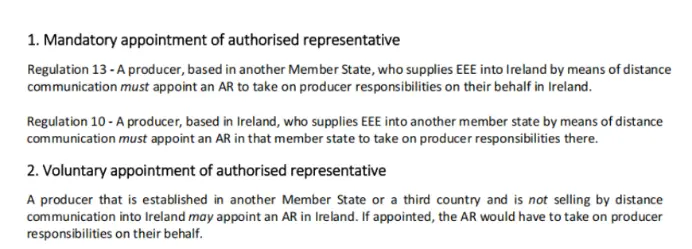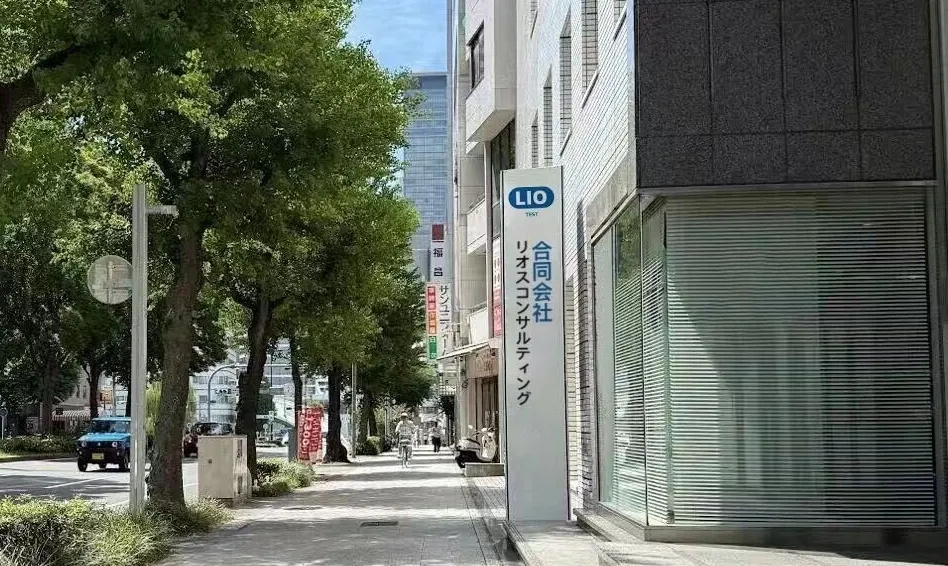
California Proposition 65 Testing
What is the California Proposition 65 Testing Report?
California Proposition 65, officially known as the Safe Drinking Water and Toxic Enforcement Act of 1986, is a law passed in California that regULates cheMICals known to cause cancer or reproductive toxicity. Since its enactment over 30 years ago, more than 800 chemicals have been identified by California authorities as carcinogens or reproductive toxins. This list includes a wide range of both naturally occurring and synthetic chemicals, including those used in pesticides, household products, food, drugs, dyes, and solvents. These chemicals can also be byproducts of industrial processes, such as automobile exhaust. The list includes tobacco smoke, metals (e.g., lead, cadmium, and nickel), and organic chemicals.

Core Requirements of Proposition 65
1. The discharge of hazardous substances listed in Proposition 65 into drinking water is prohibited.
2. Clear and reasonable warnings must be provided for listed substances, unless the exposure level is so low that it does not pose a risk.
Scope of Proposition 65
As of now, products involved in Proposition 65 litigation include handbags, shoes, belts, clothing, fashion accessories, jewelry, kitchenware, copper products, sports equipment, hand tools, furniture, electronics, and more. One agreement highlights the requirements for adjusting Halloween products for arsenic, cadmium, formaldehyde, lead, and phthalates.
Proposition 65 Testing Items (Mainly for Testing of Metal and Non-Metal Materials)
1. Total Lead Content– Only test accessible parts.
2. Total Cadmium Content– For jewelry, only test accessible parts. For other categories, testing is done only upon customer request for accessible parts.
3. Phthalates Content– Only test accessible parts.
4. Formaldehyde Content– For toys, test textiles and leather in contact with skin in costumes and accessories used in role-playing and games. For other products, test textiles and leather directly in contact with skin.
5. Flame Retardant Content– Test PU foam materials inside soft furniture, cushions, car seats, etc.
Proposition 65 Testing Process
1. Confirm the product type, and the laboratory will determine the applicable regulations and testing items.
2. Confirm the testing materials and points, determine the testing costs, and sample quantity.
3. Prepare the samples and send them to JJR Lab for testing.
4. Once testing is complete and successful, a report will be issued.
How Long Does Proposition 65 Certification Take?
The testing process typically takes 5-7 working days from the receipt of the samples.
How Long is the Validity of Proposition 65 Report?
There is no strict expiration date for Proposition 65 reports. However, as regulations are updated, Proposition 65 reports must be updated as well, rendering older versions invalid.
What is the Cost of Proposition 65 Certification?
The cost of Proposition 65 certification is generally not high. The cost varies depending on the product type and materials used.
Is a Factory Inspection RequiRED for Proposition 65 Certification? Are There Any Additional Follow-up Costs?
Proposition 65 testing requires only product testing and does not require factory audits. If there are no changes to the product or updates to the regulations, no additional follow-up costs will arise.
Email:hello@jjrlab.com
Write your message here and send it to us
 LFGB Test Requirements for Food Contact Materials
LFGB Test Requirements for Food Contact Materials
 Irish Battery Act Requires an Authorised Represent
Irish Battery Act Requires an Authorised Represent
 Swedish Battery Act Requires an Authorised Represe
Swedish Battery Act Requires an Authorised Represe
 Amazon TIC Provider
Amazon TIC Provider
 Amazon Battery and Charger Requirements
Amazon Battery and Charger Requirements
 Amazon Japan METI A Domestic Administrator Service
Amazon Japan METI A Domestic Administrator Service
 What is "Amazon Japan PSE: A Domestic Adminis
What is "Amazon Japan PSE: A Domestic Adminis
 What Does "ASTM F963-17 Certified" Mean?
What Does "ASTM F963-17 Certified" Mean?
Leave us a message
24-hour online customer service at any time to respond, so that you worry!




